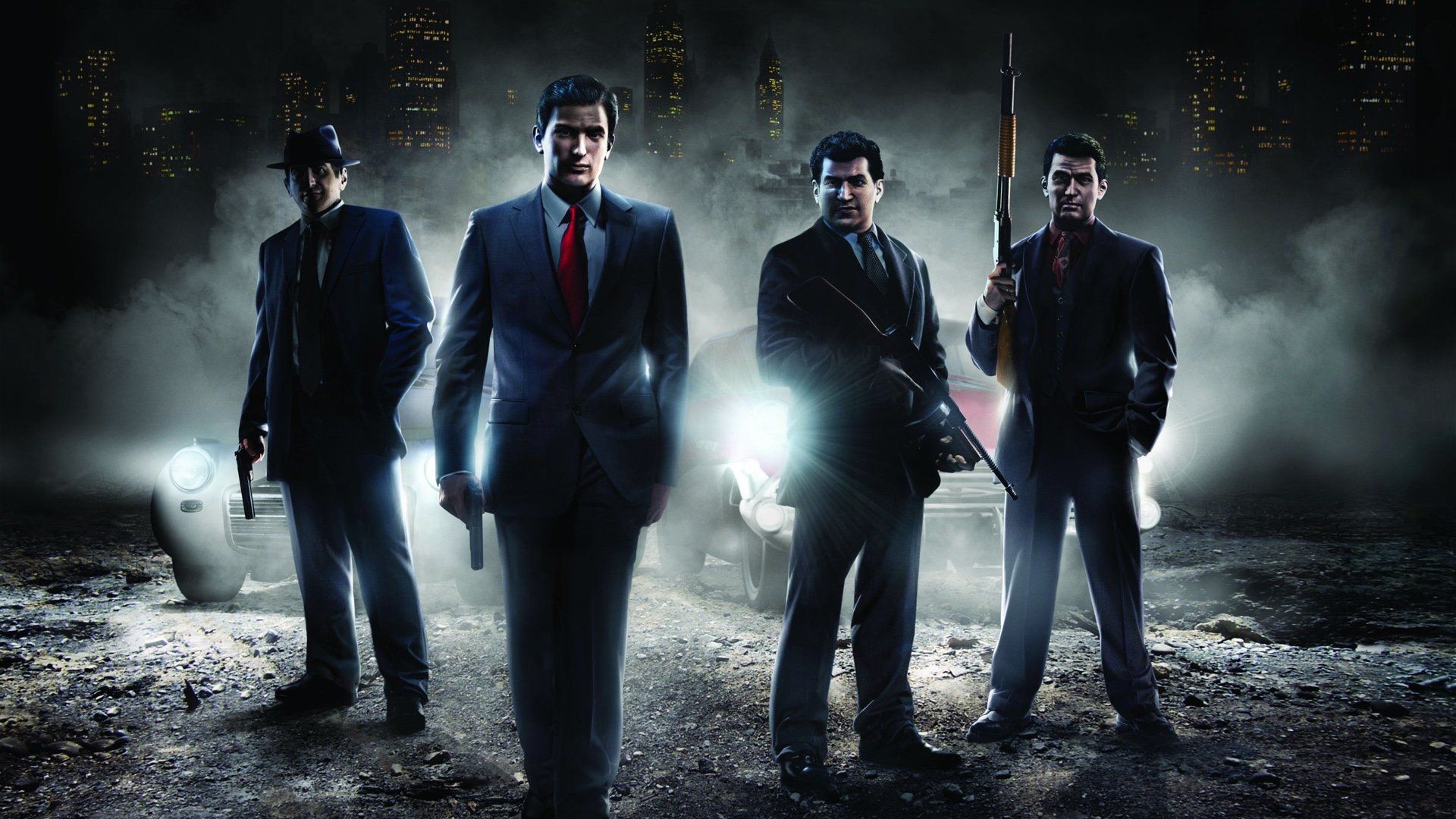
FAQ About Mafia Trope
Mafia Trope
2 years ago | gizem
How does the Mafia trope differ from other crime fiction tropes?
The Mafia trope differs from other crime fiction tropes in several ways:
- Organizational Structure: The Mafia trope often focuses on organized crime syndicates, specifically the hierarchical structure, codes of conduct, and interconnections between various families or factions. This emphasis on the organized and structured nature of the criminal enterprise sets it apart from other crime fiction tropes that may focus on individual criminals or small-scale criminal activities.
- Cultural Context: The Mafia trope is often associated with Italian or Sicilian culture, and it explores the cultural, historical, and societal aspects of these crime families. This cultural context adds depth and richness to the storytelling, creating a distinct flavor that distinguishes it from other crime fiction tropes.
- Family Dynamics: The Mafia trope frequently highlights the significance of family ties, both biological and chosen. The emphasis on loyalty, honor, and the complex relationships within crime families sets it apart from other crime fiction tropes that may focus more on individual motivations or the dynamics of a specific criminal case.
- Code of Silence: The concept of "omertà," the Mafia's code of silence, plays a prominent role in the Mafia trope. This code governs the behavior of members and their refusal to cooperate with law enforcement, adding a layer of secrecy and loyalty that differentiates it from other crime fiction tropes.
- Historical and Cultural Significance: The Mafia trope often explores the historical impact of organized crime and its influence on certain regions or communities. It delves into the social and political contexts, showcasing the complex relationship between the Mafia and society. This historical and cultural significance distinguishes it from other crime fiction tropes that may focus more on individual cases or detective narratives.
- Power Struggles and Politics: The Mafia trope frequently delves into the power dynamics and political aspects of organized crime. It showcases the internal struggles for control, alliances, and rivalries between families or factions, providing a unique narrative focus that sets it apart from other crime fiction tropes that may focus more on individual criminals or investigative procedures.
